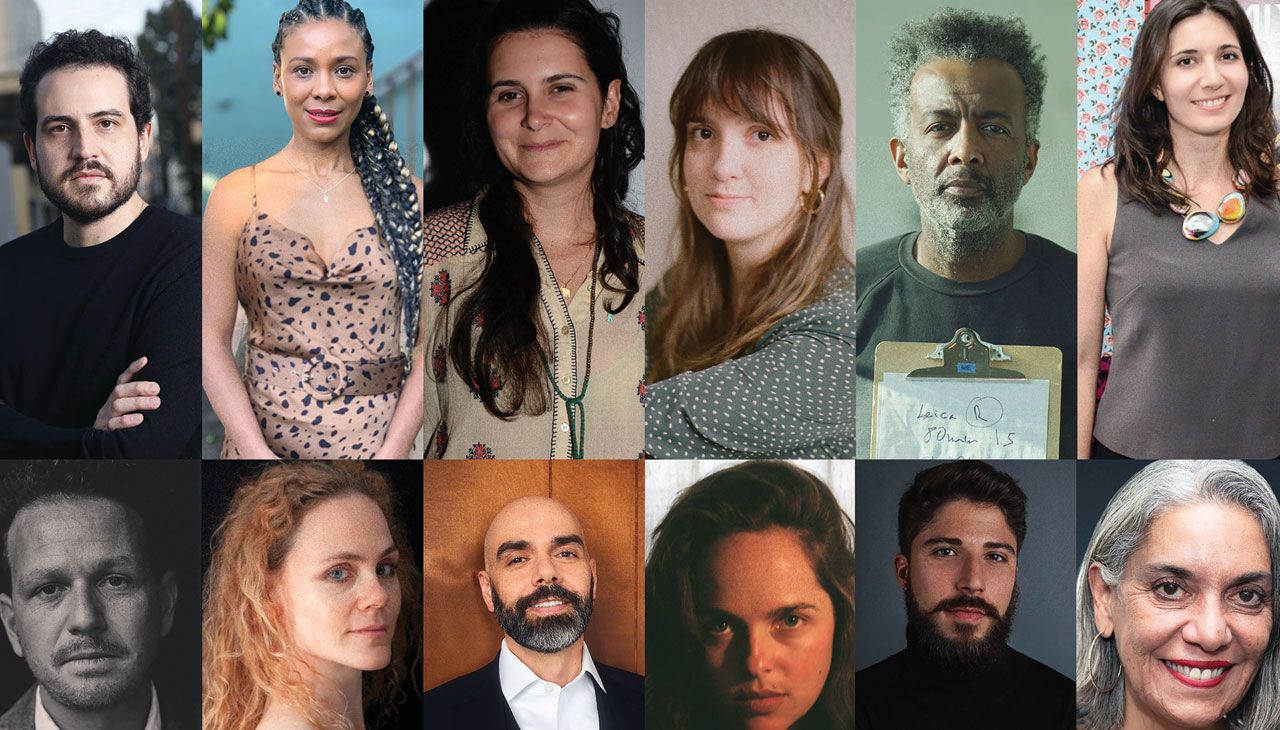
Brazilians to Conquer Hollywood
Brazilian filmmakers living and working in the United States have created a guild to be more visible and promote opportunities for Latino filmmakers.
The film industry is a complex ocean to navigate, especially for those seeking to forge their careers far from their country of origin. This was the experience of 12 Brazilian filmmakers and directors behind the Brazilian Filmmakers Collective (BRFC), founded in 2021.
The space, which encourages members to share resources, explore opportunities for collaboration, and establish connections with representatives from the entertainment world, is made up of filmmakers from Brazil who live and work in the United States.
“We identified that culture shock and the lack of reliable networks and professional support were the main obstacles in our careers. We also realized that together we could build a bridge between Brazilian and international cinema," Rafael Thomaseto, producer and film director, told AL DÍA. He was invited to the collective by filmmaker Alex Moratto (known for 7 Prisoners).
“He approached me after seeing my short film Próprio. He said my work inspired him, and that I had become an extraordinary producer in Hollywood,” he added.
In addition to establishing itself as a support network, the BRFC has a clear cultural mission: “As Brazilians living abroad, we are often challenged to make sense of our identity. Are you Latin American? Yes! Do you speak Spanish? No. When our identity is misunderstood, it makes it harder for our work to be promoted and funded,” said Thomaseto
Thomaseto, who is also co-founder of production company Driven Equation and a member of the Queer Producers Network, added that “our members faced challenges ranging from film festival ineligibility to disqualification from funding due to lack of cultural awareness in the industry. As Brazilians, we identify us as Latin Americans, but we also want the industry to know that Latin Americans should not all be placed in the same box.”
A small, but powerful network
BRFC members specialize in documentaries, narrative films or a hybrid of both. Despite differences in approach, artistic styles and professional experiences, the 12 filmmakers are at similar stages in their careers. They've premiered their productions at film festivals in Toronto, Venice, Sundance, SXSW, New York, among others.
RELATED CONTENT
All also share an interest in examining contemporary issues, which are also present in Latin America.
“Collectively, our work has addressed immigration, the LGBTQ+ community, racial justice, health, and technology,” said Thomaseto, who is currently working on the feature-length version of the short film Huella.
In addition to himself and Moratto, the BRFC consists of Débora Souza Silva, Giuliana Monteiro, Luli Gerbase, Jorge Camarotti, Livia Perez, Mario Furloni, Moara Passoni, Pedro Kos, Sofia Geld, and Tania Cypriano. The advisory board includes directors Ramin Bahrani (The White Tiger) and Fernando Meirelles (City of God).
While the group accepts new members via invitation, it is open to evaluate the inclusion of more filmmakers of different racial, ethnic, cultural, sexual, socioeconomic identities as long as their work reflects the cultural authenticity of Brazil.
Partnering with ARGO
To make the work of its members visible, the collective partnered with the independent film platform ARGO and created two playlists with films by the collective’s filmmakers. The selection includes: Nosso Brasil, by Alexandre Moratto; Parentaje, by Jorge Camarotti; A Pedra, by Luli Gerbase; Tem alguém feliz em algum lugar, by Mario Furloni and Alvaro Furloni; Próprio, by Rafael Thomaseto; Francesca, by Moara Poassoni; Viva EU!, by Tania Cipriano, and Eu não digo adeus, digo até logo, by Giuliana Monteiro.
The films will be available worldwide on the ARGO platform for 12 months.


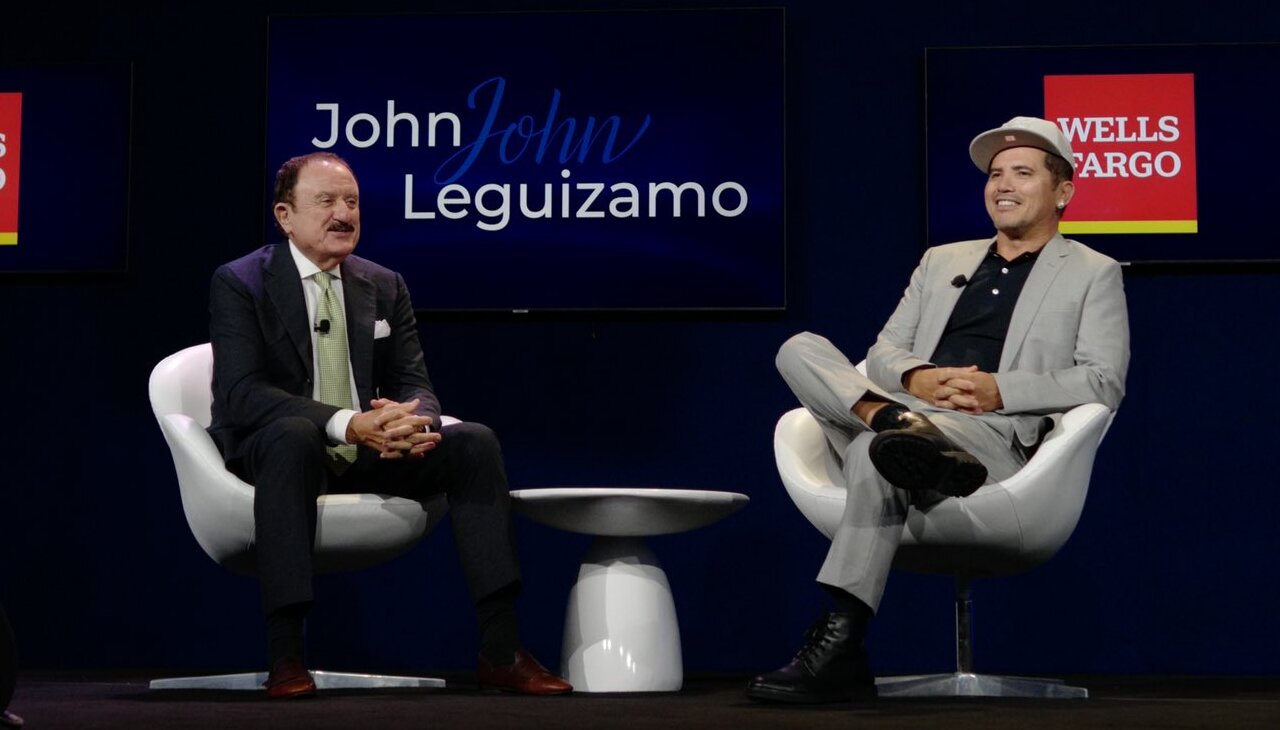
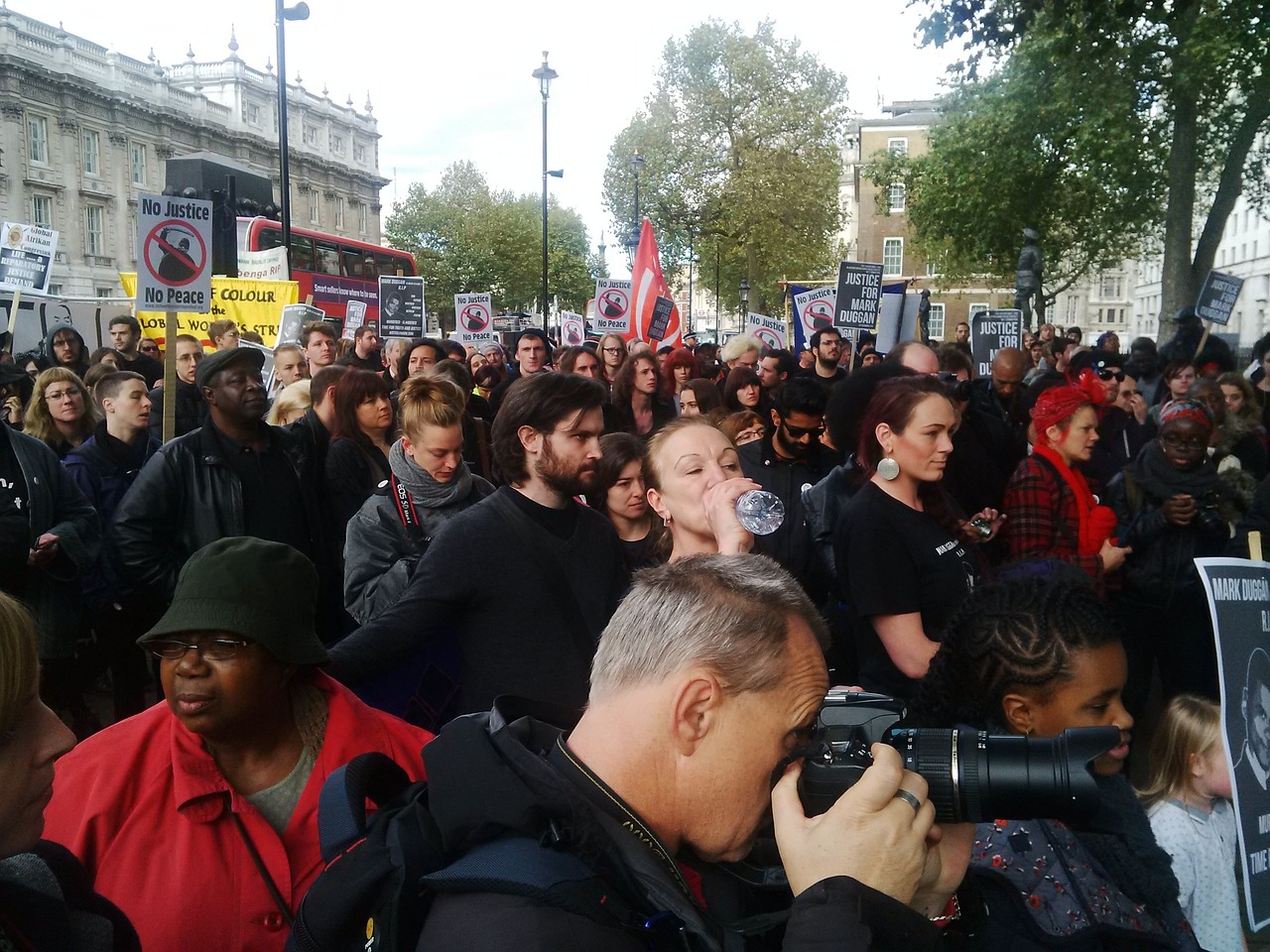
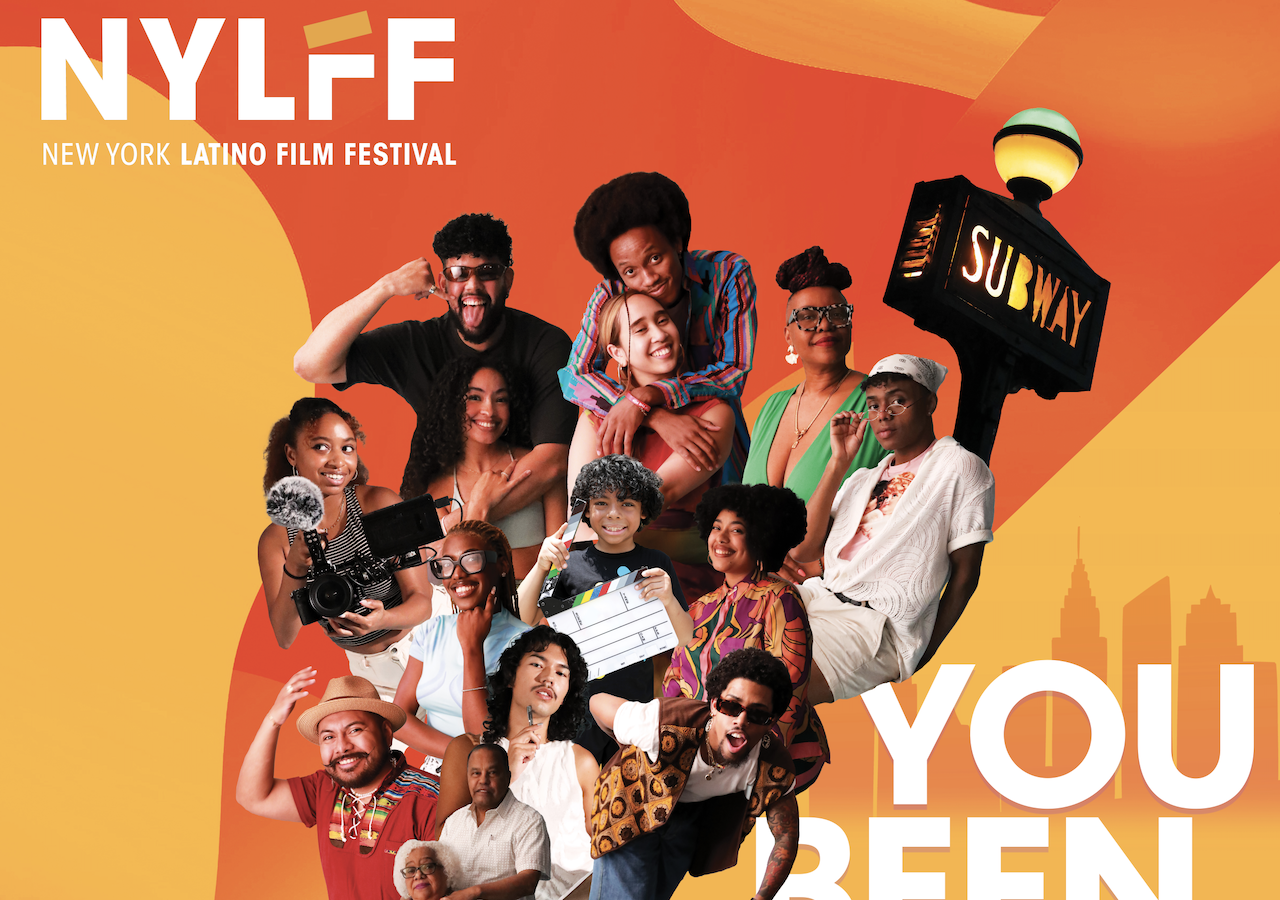


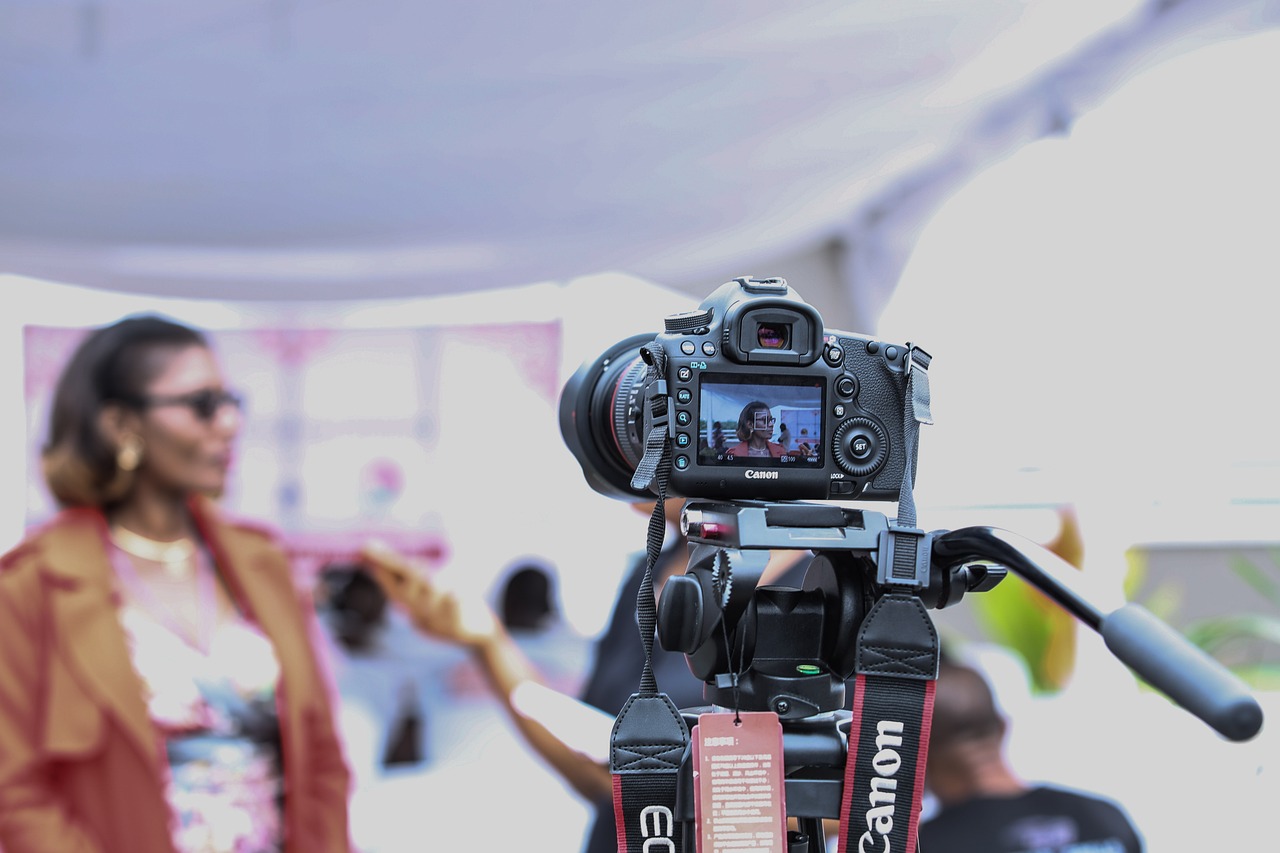
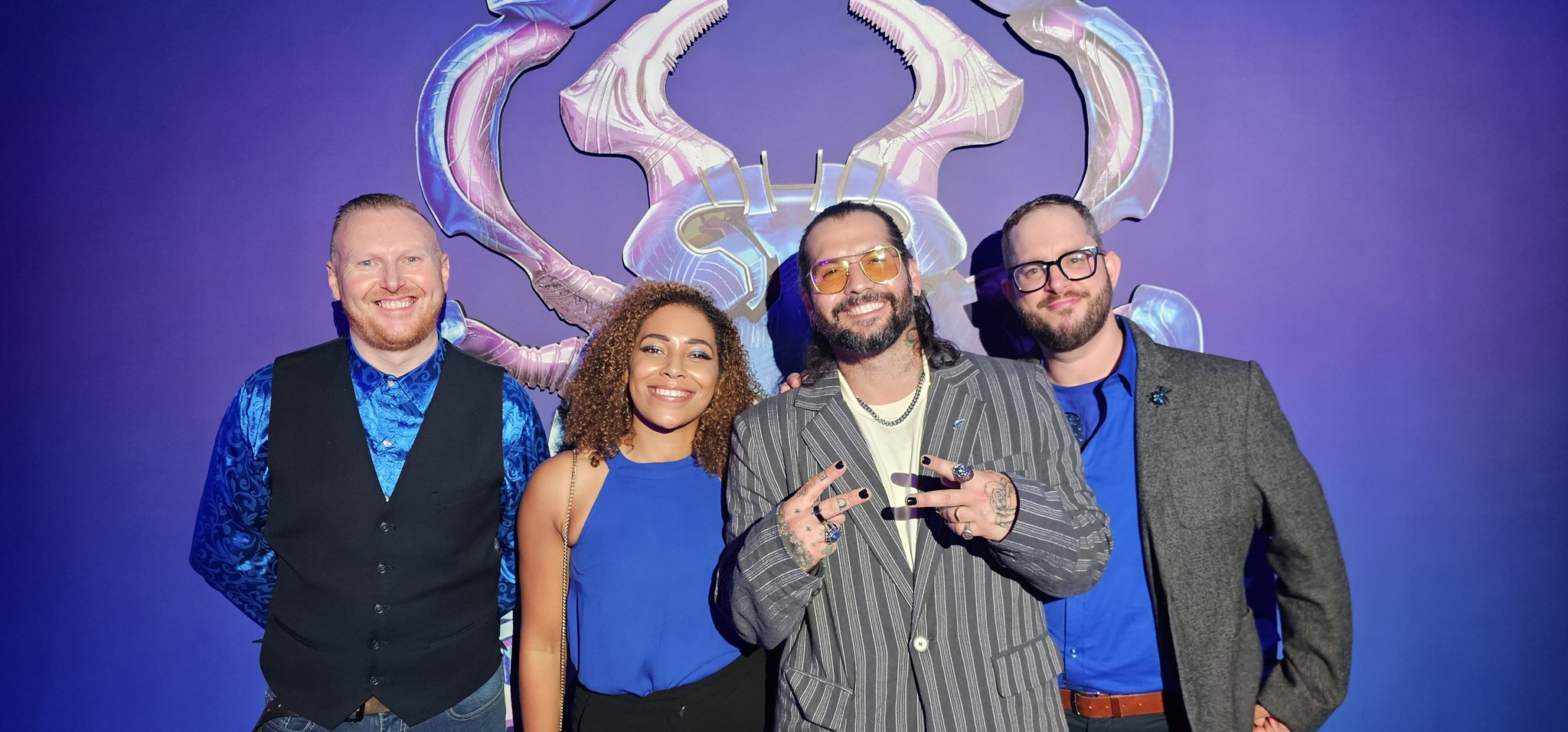
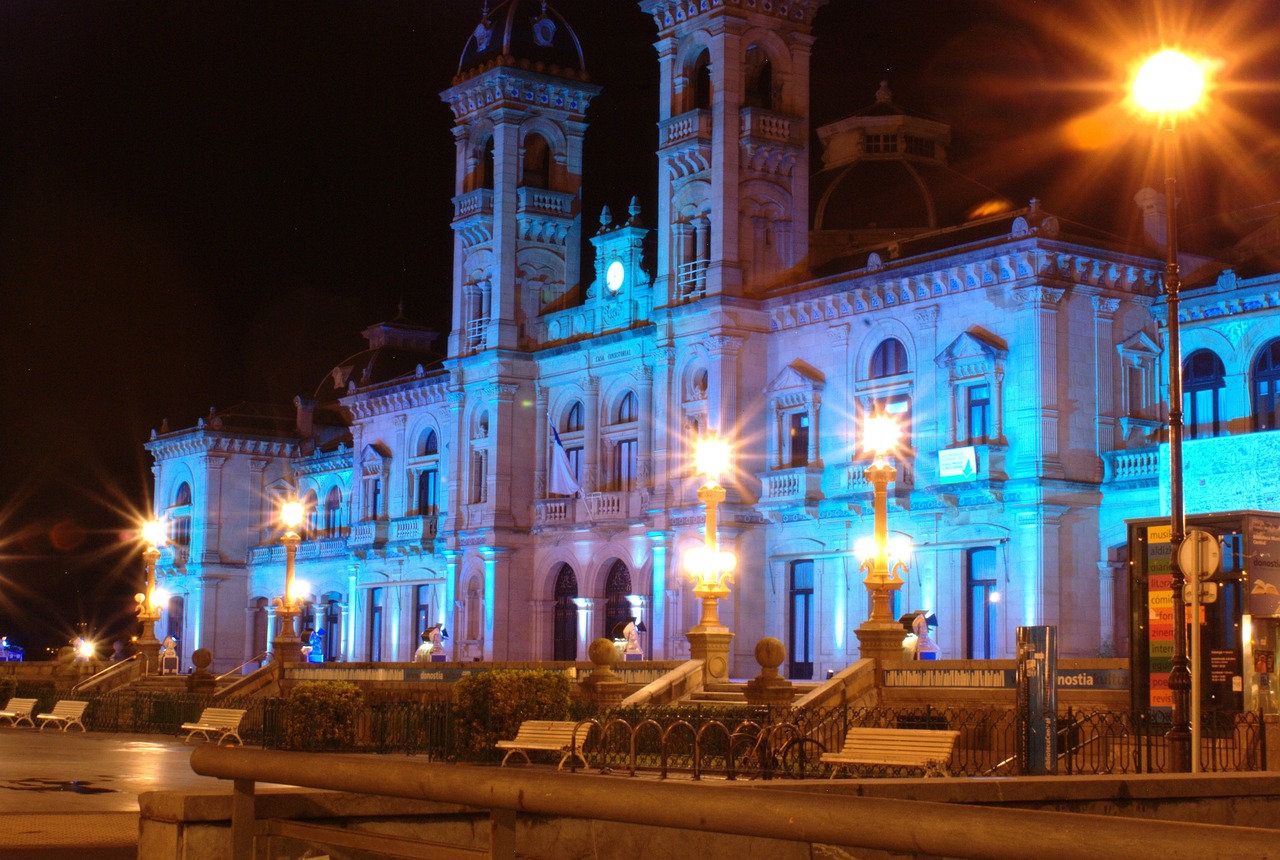

LEAVE A COMMENT:
Join the discussion! Leave a comment.